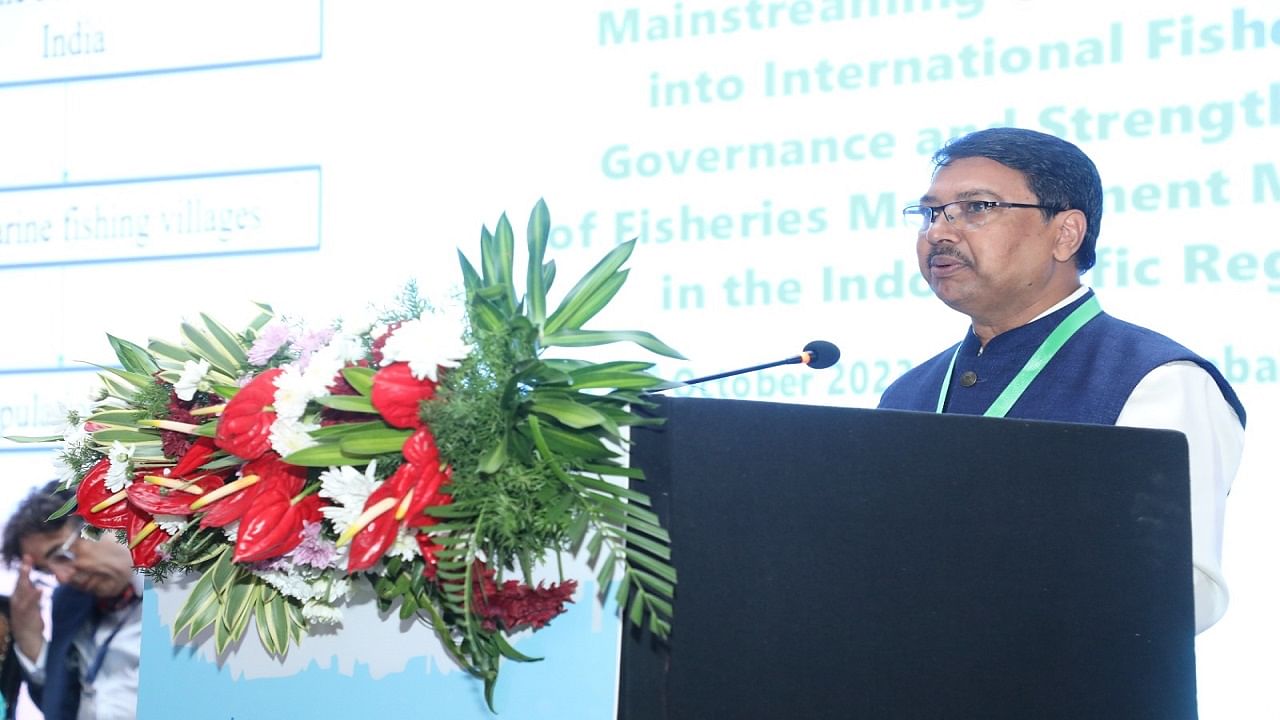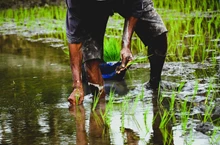
Rising sea surface temperature (SST) is affecting fish distribution patterns in Indian waters, said Dr J K Jena, Deputy Director General of Indian Council of Agricultural Research (ICAR).
He was outlining India’s research initiatives for the climate-resilient marine fisheries at the inauguration of the global conclave on mainstreaming climate change into international fisheries governance in Mahabalipuram on Tuesday.
He indicated that there is an extended distribution of commercially important fish species such as the Indian oil sardine and mackerel. “These species are now found in regions where they were previously scarce, forming a local fishery which was hitherto unknown from those areas”, he said.
Moreover, the increased SST affects the phenology of fish, leading to premature maturation at smaller sizes, reduced reproductive output, and decreased recruitment to the fishery.
ALSO READ: Most Profitable Fish to Farm in India
Referring to India’s research initiatives for climate-resilient fisheries, he said that the country has initiated a research project for the development of species distribution climate models and projections.
“These models are designed to predict alterations in sea temperature, ocean currents, and other climatic elements that influence fish populations. This scientific initiative aims to comprehend long-term patterns and develop appropriate strategies to safeguard the future of Indian fisheries”, Dr Jena said.
The country has also launched a climate-smart marine fisheries value chain aimed at developing a prototype with critical control points to strengthen the value chain in the marine fisheries sector, he added.
He also highlighted a concerning trend of Harmful Algal Bloom (HAB) events in the Indian Ocean region. “A three-fold increase in HAB events has been reported in the Arabian Sea during the last two decades, with 31 events, compared to the first two decades with 10 events. Similarly, the Bay of Bengal has seen a two-fold increase in HAB events, with 14 events in the last two decades compared to just 6 events in the first two decades”, he added.
In order to reduce the impact of the climate crisis, Dr Jena suggested mariculture activities of climate-resilient species encouraging the cultivation of fish species that can thrive in changing environmental conditions. “Use of potential fishing zones, integration of wind and solar energy in fishing vessels, enhancing preparedness of coastal population and sea ranching of depleted commercial species are some of the innovative solutions to address the climate crisis”, he added.
Vulnerability and Pollution Reduction
Vulnerability and pollution reduction investments would directly benefit 6% of total number of coastal populations of 250 million, said Dr R Ramesh, former Director of the National Centre for Sustainable Coastal Management (NCSM). “Indirect beneficiaries of this are estimated to be 77.19 million people of which 50 percent are women”, he said.
He also said that cutting-edge science and education are required to create awareness among the community on climate adaptation and mitigation. Upscaling skill development programmes for all coastal community particularly women are also important, Dr Ramesh added.
A separate workshop exclusively to discuss India's preparedness for adapting to climate change in marine fisheries is also being hosted in the conclave.











